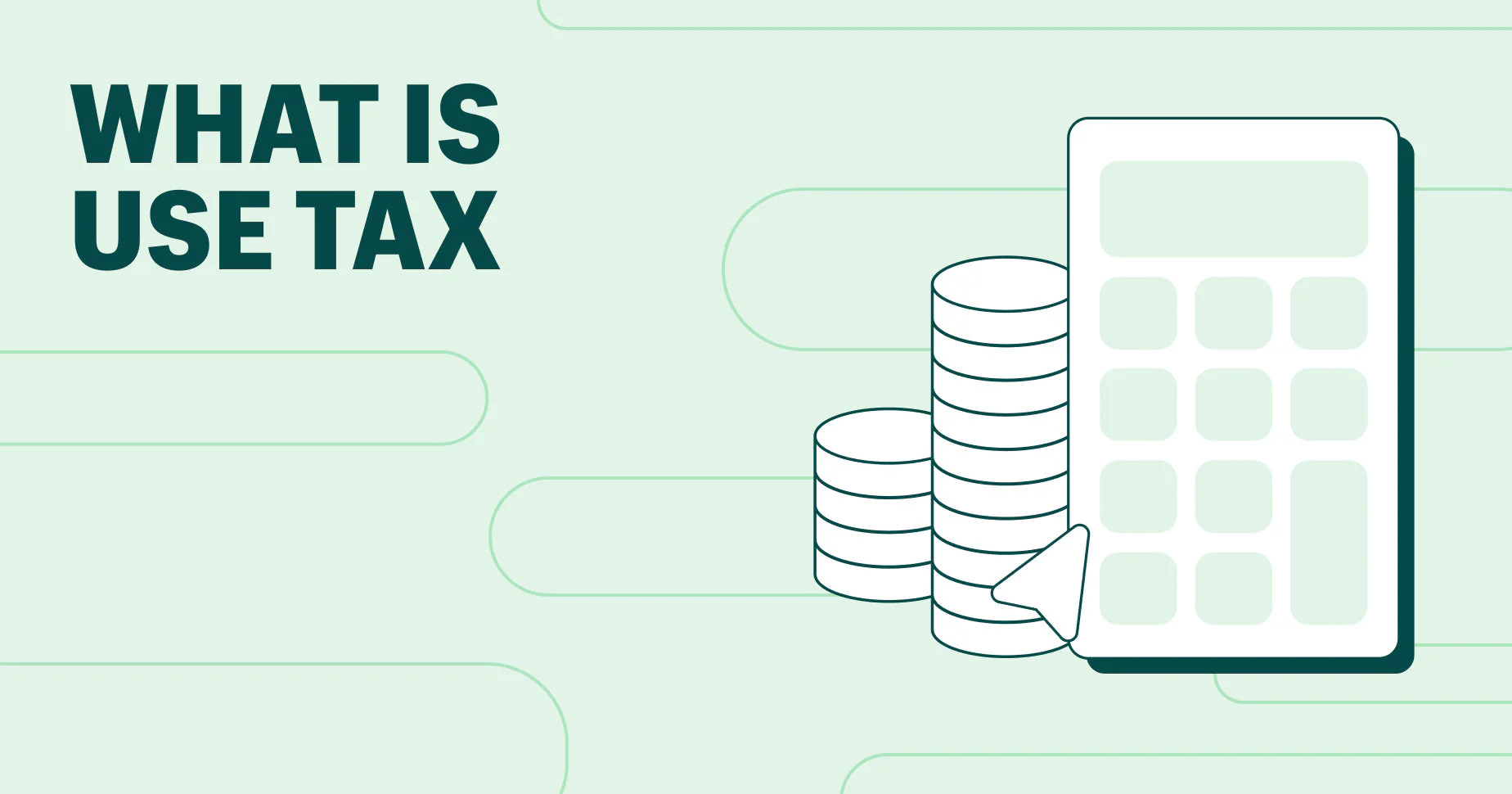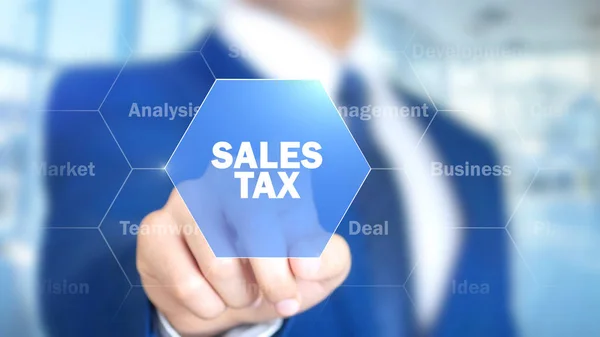Excise Tax On Alcohol: A Helpful Guide For Alcohol Producers in the US
Excise taxes significantly impact the booze business in the United States. It changes how companies make, name, and sell their goods. It can be challenging
Simplify the process of sales tax with the advanced features and automation of CaptainBiz. Let our software handle all the complex tasks related to sales tax– everything under one single platform.
CaptainBiz is a GST Billing Software which makes invoicing easier. So, to get your payments on time, manage inventory control, decrease cost, CaptainBiz can help grow your business smoothly. Simply think about CaptainBiz as the best billing software in India that has a convenient interface and easy to understand functions. It ensures that organizations have a seamless way of implementing the GST regulations by offering a perfect calculation of taxes and coming up with invoices that meet the regulation. CaptainBiz updates frequently to help you stay compliant with the latest GST changes. The unlimited E-Invoices and E-Way bills are now introduced by CaptainBiz in the mobile app.
CaptainBiz is one of the most flexible GST billing software for creating invoices and managing taxation for a business.
Because of the automation, CaptainBiz lowers the chances of possible errors in invoicing in nexus sales tax.
Using the software, GST and sales tax returns can be filed easily with no much stress and physical effort needed.
CaptainBiz is designed to help your business operate smoothly across multiple jurisdictions without much hassle.
Sales tax can be quite confusing particularly when there are varying rates of tax, guidelines, and time. To help your business learn how to remain compliant, CaptainBiz comes as your one-stop solution for simplifying your sales tax wrap. Remove any possibility of a penalty and also meeting varying state requirements thus reducing cases of legal issues. Thanks to CaptainBiz, you get easy to use reporting features, and your sales taxes will always be submitted on time and with no mistakes. Through the organizational filing capabilities, everything related to sales tax can be worked on without needing to switch platforms. Whether your enterprise is based in one particular state or it spans across many, you will be conversant with the changes taking place on the sales tax laws once you work with CaptainBiz. Help you to relax on tax issues whiles you concentrate on expanding your business through a hassle free simplified process.


Sales tax nexus means a business connection with the state in which a business is required to collect and remit sales tax in different states based on your business activities. With CaptainBiz, you can easily understand and manage your nexus sales tax across various states. Automatically track your physical or economic presence, ensure you're collecting the correct sales tax amount, and stay compliant with sales tax nexus by state. Access clear reporting tools to review your tax obligations, file returns seamlessly, and manage filings on your own. Simplify your tax compliance process and ensure accuracy with. You can manage all your filings with confidence and in less time. Avoid unnecessary penalties and stay on top of the law’s obligations and reduce the chances of non-compliance. No matter whether your business operate in your state or across it, CaptainBiz makes sure you stay abreast of regulatory standards. The solution ensures your tax management stays streamlined and efficient.
Use tax applies to purchases made from out-of-state sellers where sales tax wasn't collected. With CaptainBiz, you can easily manage and track use tax for your business. Automatically calculate the correct use taxes on applicable purchases and ensure compliance with the rules. Whether you're purchasing goods for business use or selling across state lines, CaptainBiz helps you stay on top of your tax obligations. Access accurate invoices with complex GST calculations to handle everything independently. Streamline the complex world of use tax and keep your business compliant with CaptainBiz. The GST calculation is taken care by the platform which is automated hence saving time and reducing on possible errors. You can safely carry out all the necessities related to use tax. Always stay on the safe side and ensure that your business is not violating any regulations of the particular state and has to pay some fines. Use our solution to your advantage and see the difference.


Marketplace facilitators play a crucial role in sales tax compliance for businesses operating through online platforms. They also become responsive to sales tax management for companies that sell their goods through these marketplaces. A marketplace facilitator is used to collect and remit sales tax on behalf of third-party sellers. Using CaptainBiz, you can easily wade through all the marketplace facilitator tax and laws. Our platform can make sure that you understand your responsibilities and manage all the tax transactions. Whether you run your business through established significant B2B marketplaces, CaptainBiz accurately calculates taxes on your behalf. It ensures that you do not have to worry about any of the relevant laws and regulations. No matter whether your business runs on major platforms or smaller ones, CaptainBiz offers a seamless solution to manage marketplace facilitator tax. It helps businesses to concentrate on their growing sales while staying compliant with the state and federal tax regulations.
Sales tax exemption must be considered to affect your sales because it indicates that certain purchases within specific parameters do not attract tax. Knowledge of sales tax exemptions may be invaluable for corporations that use tax regulation as a lever in their business activity. CaptainBiz simplifies applying for an exemption as it outlines the required criteria and necessary supporting documents. Our system allows you to efficiently track and record sales tax exemptions, ensuring you stay prepared in case of an audit. With the use of CaptainBiz, you can guarantee compliance with exemption regulations and also get benefits from the savings aspect. Do not need to take the burden of manual reporting or tracking. CaptainBiz guarantees that all exemption data are to be compiled and accessed in the shortest time possible. Have timely alerts whenever there are changes in the exemption rules so you do not violate any rules. Experience the certainty that results from completely legal exemption management.


A sales tax holiday is a break from sales tax within a specific period for select goods. These periods could increase sales for items such as stationery back to school and food, water, and disaster preparedness goods. CaptainBiz lets you know when the next holiday sales tax is and allows you to modify your prices based on this information. Our platform helps you monitor eligible items so you do not misapply exclusions during such key purchasing seasons. Let us help you get the most out of your sales and, at the same time, remain fully legal and in compliance with the tax laws. CaptainBiz also always reminds you of the differences in the sales tax holidays in different regions, making it easy for you to make necessary changes. Just easily determine how this policy affects your sales. Balance the best customer experiences with the complete compliance with all the sales tax holidays effectively.
Tax compliance and remittance implies reporting and paying the amount of taxes. This means that a business entity has to pay the government. It involves completing forms of sales tax and making prompt payment of sales taxes levied on the customers. Tax compliance and remittances, especially when dealing with different countries, are quite challenging. CaptainBiz eases this process and provides easy-to-use platforms for submitting sales tax returns and making payments. Our service minimizes the chances of making wrong estimates on the paid taxes since we do that automatically. CaptainBiz is a timely and convenient way to avail yourself of documents and general reminders. It is a tool that helps you meet your deadlines effectively. Access to our solution’s enhanced audit trail feature and get complete relevance to all your tax transaction. CaptainBiz makes it easy to remit taxes, take care of other mundane tasks so that you are always in compliance with tax laws.


Division between taxable and nontaxable items is critical when it comes to correct sales tax practices. Late or incorrect identification of some taxable and nontaxable items implies compliance problems and fines. CaptainBiz gives proven advice on how to determine the taxability of products within your product portfolio. When choosing the merchandise, you do not have to decide which items are taxable and nontaxable items list. Our system will do this for you. Also, thanks to our automated system, we make sure you receive updates on the changes in the taxability rules. We ensure that you can handle your inventory and ensure that you follow the right tax laws. Receive operational reports which help to find out which of the products might be frequently included into lists of changing tax rates. Be aware of the real time changes in tax rules and also avoid compliance challenges and in the process be saved from penalties.
Excise tax refers to a special tax imposed on certain goods or activities at the time of purchase or use. Unlike general sales taxes, it only applies to particular items considered harmful to public health or the environment like alcohol, tobacco, gasoline, and luxury goods. Governments levy such duties so as to dissuade people from buying them while at the same time raising revenue for public programs. The excise tax amount may change based on characteristics such as the quantity, value, or strength of the commodity being taxed, and rates may range across different locations.


The Alternative Minimum Tax (AMT) aims to ensure that people with high incomes pay their fair share of taxes, even if they get a lot of tax breaks or credits. As of 1969, the Alternative Minimum Tax has rules restricting some deductions and exemptions available under the regular tax system. People who owe taxes must figure out how much they owe twice: once under the regular tax system and again under the AMT. People pay the extra AMT if the amount they owe is more than the AMT amount. Some essential things that can set off the AMT are incentive stock options, high state or local taxes, and big mortgage interest deductions. AMT rules mainly affect families with higher incomes, but they can sometimes affect middle-income people, especially those who live in states with high taxes. Taxpayers who want to escape surprising tax bills and get the most out of their financial planning strategies, especially during tax season, need to know what the AMT might mean for them.
The Federal Income Tax is a tax that people and businesses in the United States have to pay on their wages. It brings in most of the money the government needs to run essential programs like national security, infrastructure, and social aid. Progressive tax rates set different government income tax brackets, with higher rates applied to higher income amounts. To find their taxable income, individuals must report their yearly income, considering any deductions, refunds, or changes that apply. People file tax forms with the IRS every year. They can settle the balance or ask for a return if they have overpaid taxes through withholding or projected payments. Businesses also have to pay federal income tax, but the rates differ. Following the federal tax rules and knowing about the credits and benefits you can use can help lower your taxed income. Because of this, federal income tax is a big part of planning for both personal and business finances.


Each US state taxes its people's incomes with a State Income Tax, which is an essential way for state governments to make money. Unlike federal income tax, state tax rates and rules are very different from one state to the next. Texas and Florida, for example, don't have a state income tax. California and New York, on the other hand, have pretty high rates. When a state does charge an income tax, it's usually based on the federal taxable income and then makes changes for state-specific credits and reductions. The state's income tax money pays for essential services like public schools, hospitals, and transportation. Taxpayers must file both federal and state forms, ensuring they follow the rules for both levels of taxes. Different states offer different tax deductions, credits, and breaks. To do good tax planning, you need to know your state's tax requirements. Figuring out how to follow the rules for state income tax can significantly affect how much tax people and businesses generally have to pay.
Excise taxes significantly impact the booze business in the United States. It changes how companies make, name, and sell their goods. It can be challenging

A necessary component of financial planning is estate tax preparation, often known as inheritance taxes or death duties elsewhere. The fundamental concept is universal, even

The Alternative Minimum Tax (AMT) and the Foreign Tax Credit are two parts of the U.S. tax code that people often confuse. For different reasons,
CaptainBiz simplifies sales tax calculations and compliance process, making it easier for businesses to handle their taxes. This cuts out risk factors and can also be time-saving for all businesses.
Yes, there’s usually an update of software whenever there is change in sales tax laws or regulations. This allows your business to stay compliant while no need to be checking every now and then.
All online transactions carried out by through CaptainBiz are recorded based on the buyer’s location and the taxes that apply. It ensures you can collect the right amount of sales tax amount every sale that a business makes.
Absolutely! Sales tax is one of the areas where CaptainBiz is well endowed in. The software provide features that would enable the preparation of complicated and comprehensive reports on the sales tax for ease of processing and filing.
Indeed, by using CaptainBiz, it can be easier to apply the sales tax exemption and even to track. It assists with record-keeping of exempt purchases to assist you in situations where there is need for audit.
© Copyright CaptainBiz. All Rights Reserved